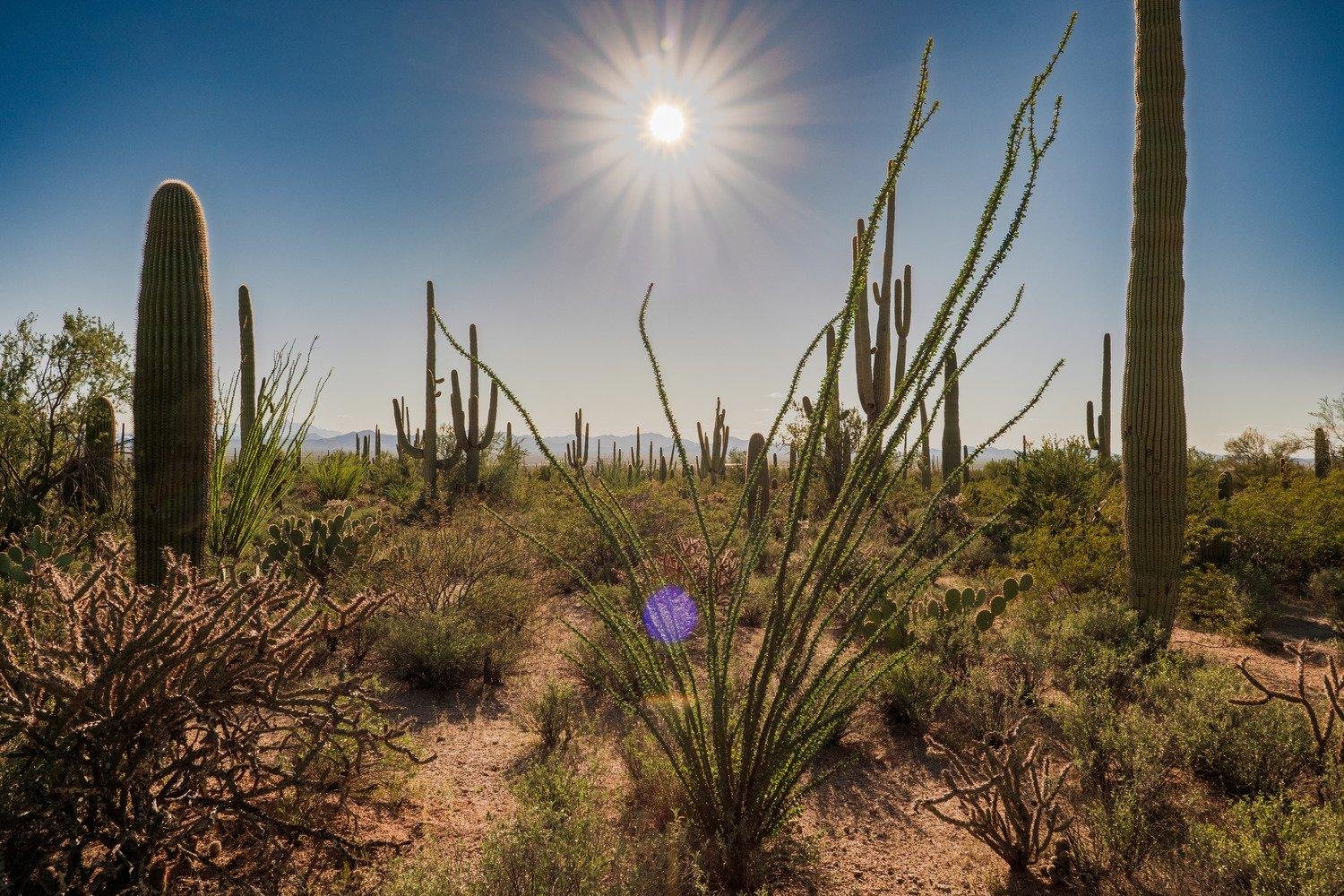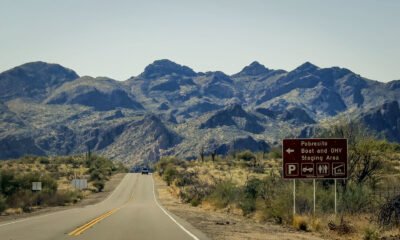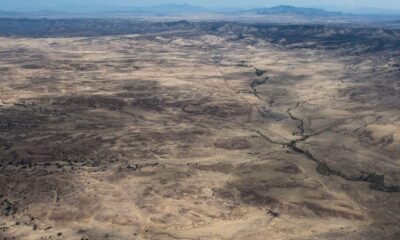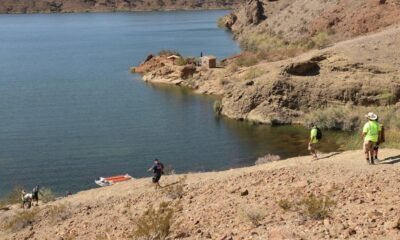Business
Public Lands: Preserving Our Nation’s Untold Stories for Generations to Come

Archaeology Southwest, a Tucson-based nonprofit, emphasizes the significance of public lands that are rooted in Native American heritage. These areas embody rich histories and serve as vital connections to ancestral homes, burial sites, and collective memories. The organization actively collaborates with Tribal Nations and local communities to ensure these landscapes are protected and their stories preserved.
This focus sharply contrasts with recent actions taken by Interior Secretary Douglas Burgum, whose February 3 Secretarial Order 3418 seeks to intensify industrial exploitation of public lands. The order mandates a review of lands previously safeguarded from fossil fuel and mining development, potentially opening national monuments and other protected areas to oil and gas activities. Critics argue that this move undermines decades of bipartisan conservation efforts.
The lack of public engagement in Burgum’s review process raises concerns, as these lands are public assets. Furthermore, the order disregards the multiple-use management principle that governs millions of acres already set aside for energy production. Critics note that, despite being the world’s leading oil and gas producer for nearly a decade, the U.S. must balance energy needs with environmental and cultural stewardship.
By potentially transforming 138 national monuments into targets for industrial exploitation, Burgum’s directive threatens both ecological integrity and cultural heritage. Iconic sites, such as Chaco Culture National Historical Park and Bears Ears, could face drilling and mining activities, raising alarms among conservationists and tribal advocates alike. This aggressive approach not only prioritizes profits for corporate stakeholders but also risks erasing centuries of preservation efforts.
Burgum’s policies represent a troubling return to exploitative practices reminiscent of the 1800s, putting communities, especially Native Americans, at significant risk. Public lands hold profound meaning, serving as sites of collective memory and cultural identity, which are integral to tribal communities. The prioritization of extractive industries over conservation not only disrespects these values but also threatens a shared legacy.
In response, coalitions of tribal organizations and local communities are mobilizing against the administration’s plans. These groups urge the public to advocate for the preservation of their lands, emphasizing the need for genuine stewardship over destructive commercialization. The message is clear: the landscapes that harbor generations of history must not fall prey to corporate greed.
Leaders at Archaeology Southwest, including Vice President John R. Welch and New Mexico State Director Paul F. Reed, bring decades of experience in preservation and collaboration with Indigenous communities. Their work has focused on protecting culturally significant landscapes from fossil fuel development while amplifying Indigenous voices in conservation efforts.
Spearheading advocacy initiatives, Maria Begay, the organization’s Director of Tribal Collaboration, aims to strengthen the connection between conservation and tribal rights, fostering partnerships that uphold the importance of public lands. Together, these leaders highlight the importance of respecting both ecological and cultural heritage in the ongoing fight against resource exploitation.


















